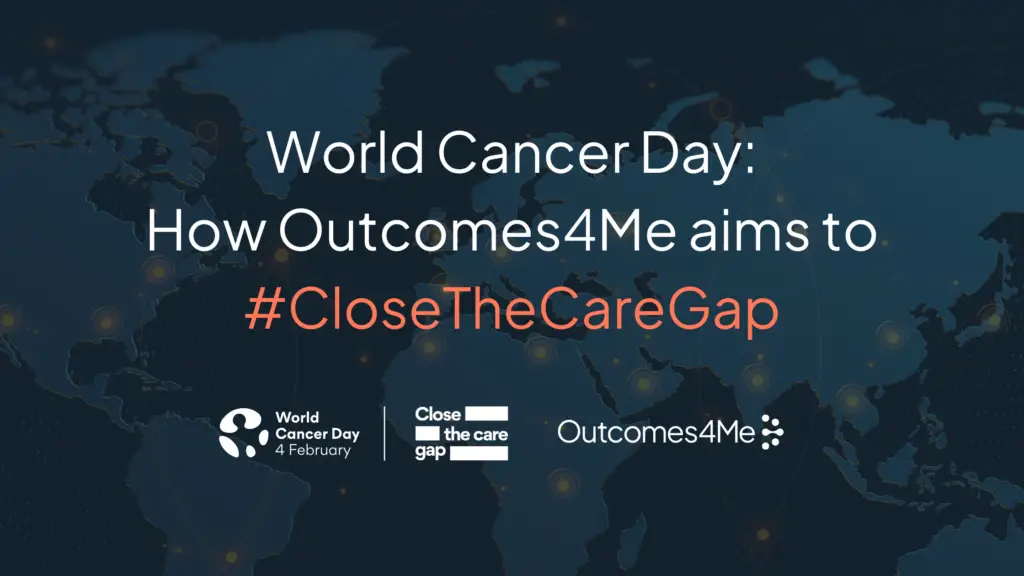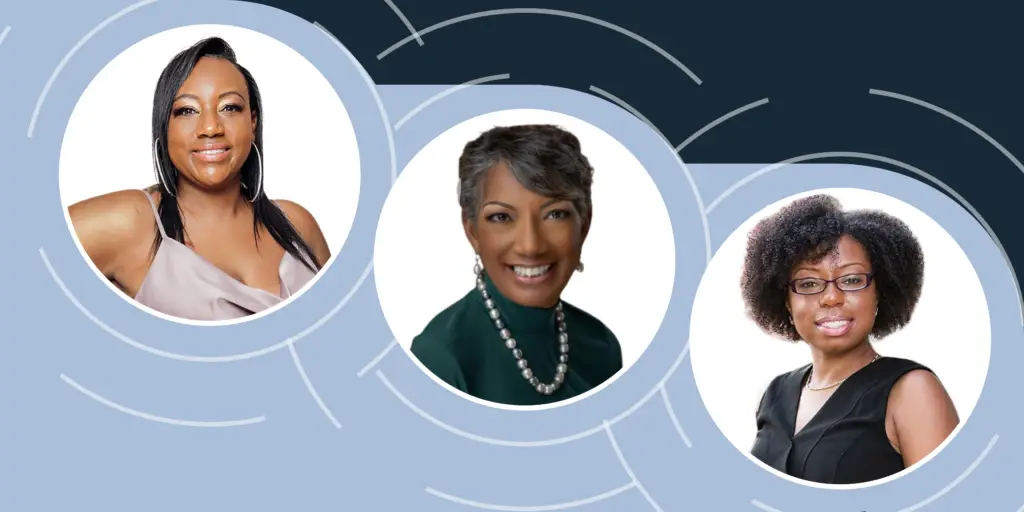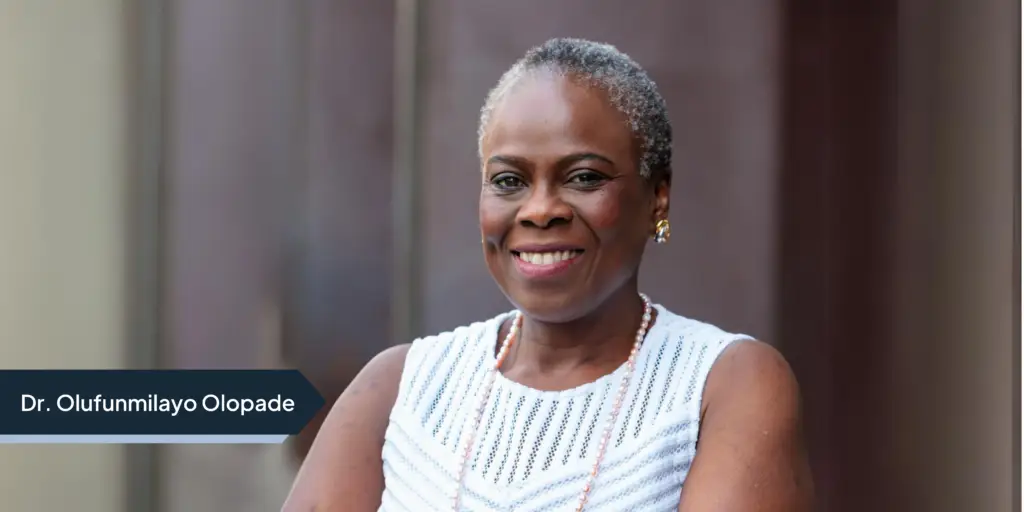February 4th marks World Cancer Day, a global initiative to promote health equity, enhance cancer care accessibility, and reduce disparities in patient outcomes. The theme of this year’s initiative is “Close the care gap” –– something we’re passionate about at Outcomes4Me.
Every year, more than 18 million people worldwide are diagnosed with cancer, but depending on who they are and where they live, health outcomes for cancer patients vary drastically. In fact, according to the WHO, half of the world’s population lack access to essential health services. Gender and sexuality, racial and ethnic identity, socioeconomic status, geographic location, age, and disability or refugee status are all factors contributing to the care gap.
At Outcomes4Me, we’re on a mission to democratize healthcare and improve access to the latest innovation in cancer care by empowering patients with the knowledge and resources they need to proactively manage their care. Our patient platform (available on iOS, Android, and the web) offers evidence-based information based on your diagnosis, so you have a trusted source for clinical information.
As you navigate the internet for information this world cancer day about your oncology care, it’s imperative to recognize that the quality of online sources isn’t always reliable. This makes it crucial for you, as a patient or caregiver, to discern credible sources. High-quality, evidence-based information empowers you to make informed decisions, understand your treatment options, and engage actively in discussions with your healthcare providers. Conversely, misinformation or outdated data can lead to confusion, misplaced expectations, or potentially harmful decisions. Your ability to identify and use reputable and up-to-date resources is not just beneficial but essential in managing your oncology care.
When exploring online oncology information, it’s important for you to develop a critical eye and some degree of medical literacy. You should rely on websites and sources affiliated with recognized medical institutions, government health agencies, or accredited health professionals. These sources are typically subject to rigorous review processes and are regularly updated to reflect the latest research and clinical guidelines. Peer-reviewed medical journals and clinical trial databases also offer high-quality information, though they may be more technical. Grasping the importance of source credibility, the context of the presented information, and potential biases is key to discerning valuable information. In the era of precision medicine and with the field of oncology rapidly evolving with new treatments and discoveries, your ability to sift through and comprehend online information becomes a critical component of effective, patient-centered care and decision-making.
At Outcomes4Me, we’re the only direct-to-patient digital platform that integrates with the NCCN Guidelines®, which means the information we provide includes all doctor and FDA-approved treatment options. Currently, our integration accounts for breast cancer and lung cancer guidelines. We strongly believe that, regardless of where you receive your care, you should have direct access to the medical innovation information that could influence your care and prognosis–in a format you can both understand and act upon in partnership with your care team. Because of this, the World Cancer Day #CloseTheCareGap initiative is central to our company mission.
While we continue to build out our platform to support patients of all cancer types, the “Ask Outcomes4Me” feature is available to everyone. This service puts you in touch with a qualified oncology nurse who can assist in pointing you to trusted sources and answering your questions. Submit your questions in our app and you’ll be connected with our team of oncology nurse practitioners who are standing by to help you.
Personalized support for real care decisions
Understand your diagnosis, explore clinical trials, and track symptoms--all in one place.
Get started
Compare treatments, prepare for appointments, and track side effects—all in the app
Built for your diagnosis, Outcomes4Me gives you the tools to make confident, informed decisions—right when you need them.
Continue in app






